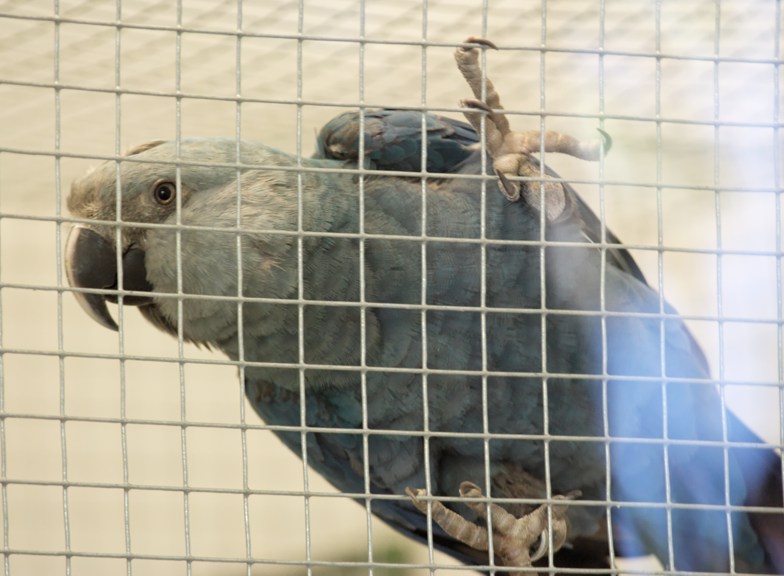
The illegal trade in wildlife has been going on for years and has proven itself to be a threat to many endangered and threatened species across the world. In 1963, 175 countries came together to monitor and control the trade of almost 34,000 species. The Convention on International Trade in Endangered Species of Wild Fauna and Flora (CITIES) was an important step in protecting endangered species from the black market. However, many species still remain endangered as a majority of the world's biodiversity are in the tropical regions of South America where high rates of corruption and weak governments decrease the ability to control the black market of wildlife.
"Brazil, a key source of illegal animals, does not have a functioning central program to report wildlife confiscations, while the United States, a leading importer of wildlife, lacks a coordinated national authority for monitoring such imports."Protecting biodiversity should be high on our list of priorities as these areas possibly possess animals or plants that could prove vital in our research of cures for deadly diseases and viruses such as cancer or HIV. However, the weak regulations that are currently in place to prevent the illegal trade of organisms are not efficient enough to protect these species from dying out before we get a chance to realize their beneficial qualities. Additionally, the extinction of each species decreases the world's overall biodiversity and makes the world more susceptible to a lethal outbreak of viruses that could threaten both mankind and the organisms we utilize in our everyday life.
This article speaks of the need for major wildlife importers as well as exporters to increase the amount of money spent to enforce the regulations on wildlife trade if the CITIES treaty is to remain effective. Currently, the initiative only received $5.2 million annually from 2009 to 2011. Researchers reccomend that the amount recieved each year could be increased by raising the trade levies and penalties for industries and individuals behind the illegal trading. While it may be difficult to raise the money for the treaty, something must be done if we are to preserve the biodiversity of wildlife across the world.
No comments:
Post a Comment